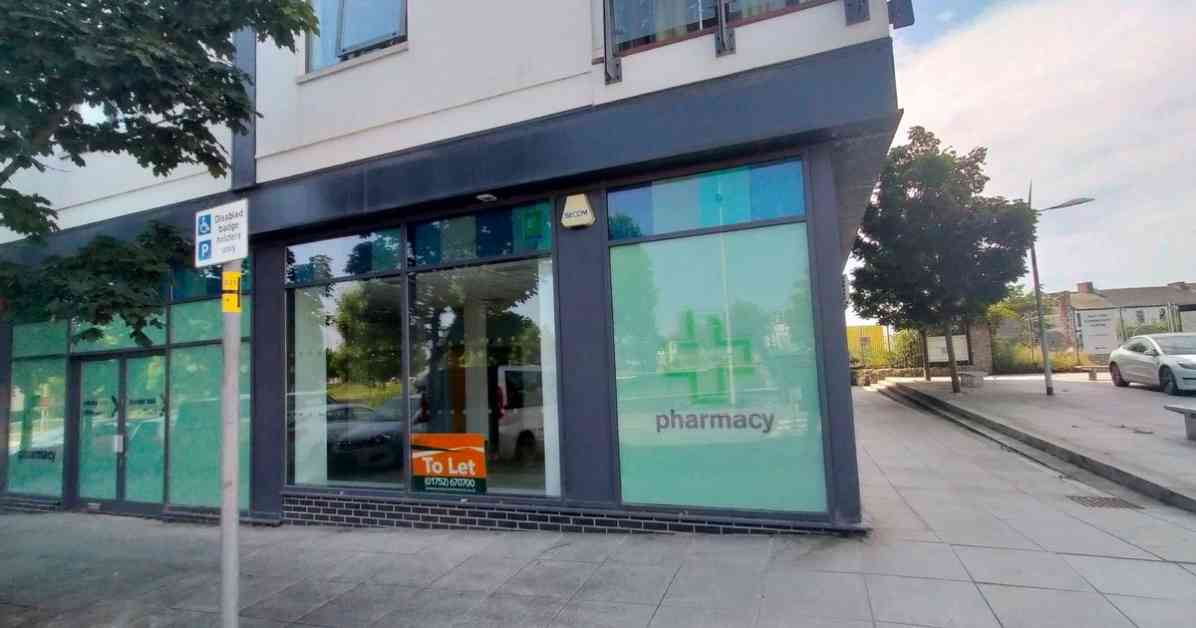Plymouth has the highest number of pharmacy closures in England, according to new figures released by the National Pharmacy Association (NPA). The NPA has raised concerns about the impact of these closures on the availability of essential medications, especially in light of a decade of underfunding and closures.
The analysis conducted by the NPA shows that Plymouth has experienced the highest number of pharmacy closures per 100,000 of its population, with other areas like York, Liverpool, Darlington, and Wakefield following closely behind. The NPA is calling on the government to address the 40% real terms cuts to community pharmacy budgets over the past ten years, which have resulted in over 1,500 closures and reduced operating hours for many more pharmacies.
The latest analysis also reveals that 87% of council areas have seen one or more pharmacies close in the last two years. Additionally, rural areas have been disproportionately affected by pharmacy closures, with 17 out of the bottom 20 areas for pharmacies per 100,000 people being in rural councils. This trend poses a risk of widening health inequalities, as areas with higher levels of deprivation have experienced the highest rates of closures.
Specifically, areas like Plymouth, North East Lincolnshire, Liverpool, and Torbay, which have higher than average levels of deprivation, have seen significant pharmacy closures. The situation is particularly dire in West Berkshire, which has over four times fewer pharmacies per 100,000 people compared to Westminster, the area with the highest provision.
The NPA has warned that many rural areas are at risk of becoming ‘pharmacy deserts’ if current closure rates continue. This means that vulnerable or older residents may have to travel long distances to access essential medication or treatment. The Chief Executive of the National Pharmacy Association, Paul Rees, emphasized the urgent need for government intervention to stabilize the pharmacy network and ensure the continued availability of vital healthcare services.
In light of these alarming statistics, it is clear that immediate action is needed to prevent further pharmacy closures and address the growing issue of ‘pharmacy deserts’ in rural areas. The government must work towards a properly funded future for community pharmacies to ensure equitable access to essential medications for all residents, regardless of their location or level of deprivation.













